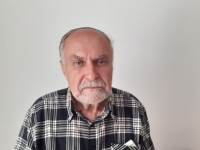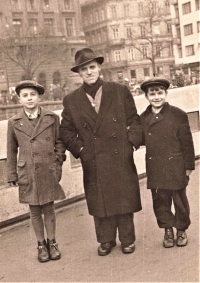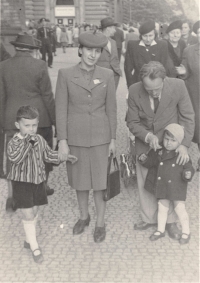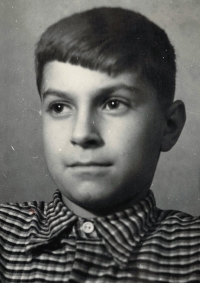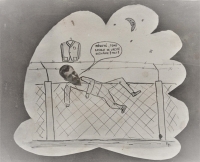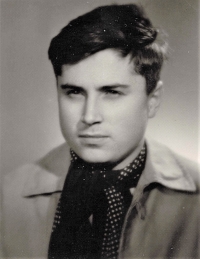I wanted to be the best to embarrass the communists
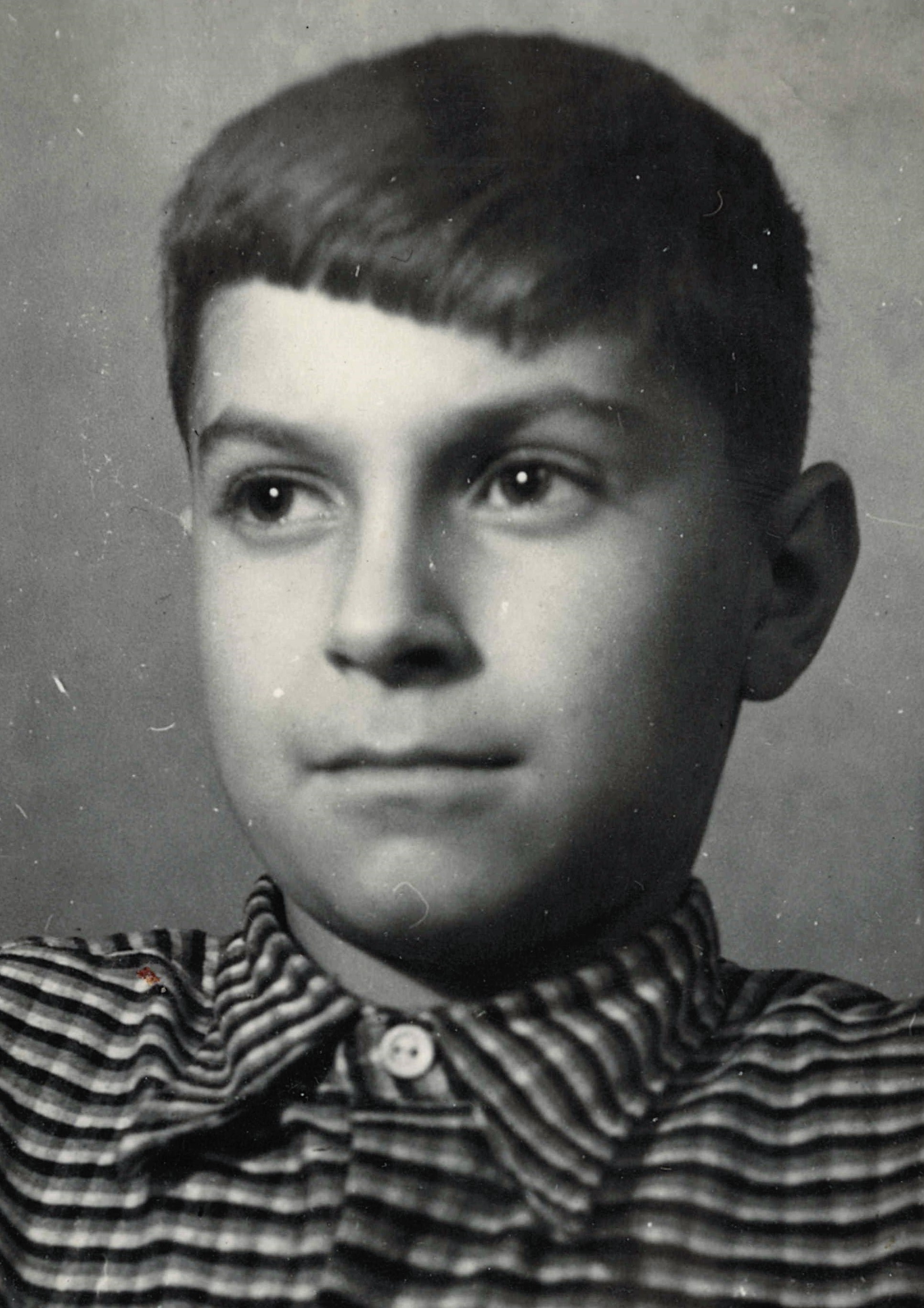
Stáhnout obrázek
Bohuslav Hofman was born on February 24, 1944 in Prague as the second of three sons of Augustin and Věra Hofman. As a one-year-old, he suffered an accident during the Allied bombing of Prague in 1945. After the raid began, his mother ran with her child in her arms to the nearest shelter on Charles Square, but before she could get there, she was hit by a pressure wave that bruised the child‘s neck. However, the injury did not have serious consequences. Memories of the wave of arrests of the 1950s were deeply ingrained in the witness‘s mind. Opposition to communist power of the witness was deepened by the fate of his older brother Jiří, who was brutally beaten by unknown men because he liked to ridicule the communists. His brother´s traumatic experience developed into serious mental problems, from which he never recovered. Although the witness achieved excellent study and work results, due to his attitude towards communism and his refusal to join the Communist Party, he worked in the working-class positions of the Prague incinerator plant and later the waterworks until his retirement. Personalities uncomfortable for the communist regime were often among his colleagues. Since his youth, the witness has been spiritually based. In the 1980s, he participated in the transcription of forbidden spiritual literature. After 1989, he became involved in the renovation of the Marian Column in Prague. He lived in Prague at the time of the filming of the interview (2021).
